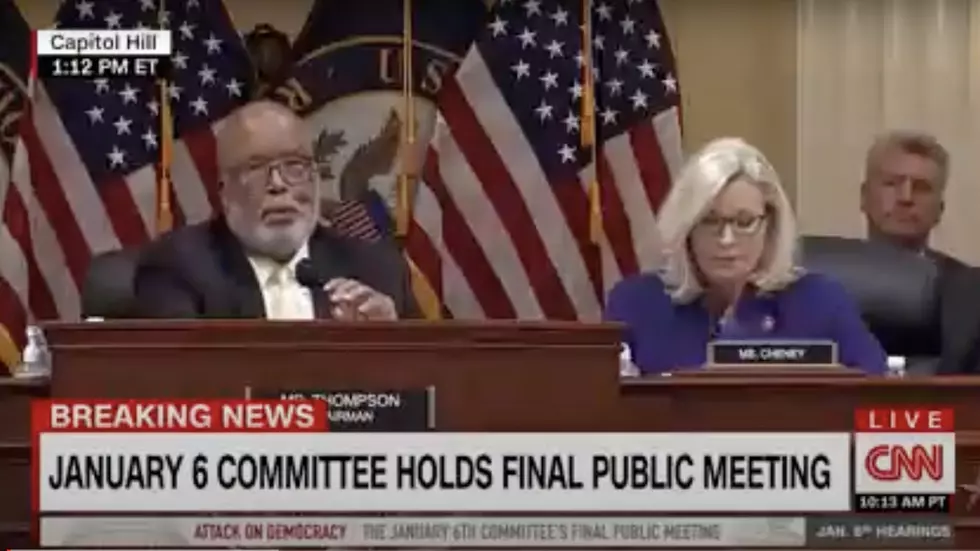
Won The Vote, Lost The Election: Electoral College Explained
Trump won the Presidency, but Clinton won the vote. Why? The Electoral College, which is getting a closer look in the election aftermath. The Electoral College was a compromise made at the Constitutional Convention when agreement couldn't be reached about who would choose the President; Congress, the governors, or the popular vote.
"To kind of put it bluntly, there was a distrust of having too much democracy back in 1787," says Erich Frankland, Political Science instructor at Casper College, "and so this is why if you look at the whole process there was only one of the original institutions that the voters got to directly select and that was the House, and everything else was sort of screened away from the voters, from the presidency to the Senate to the courts."
Frankland says the system is unlikely to change, and smaller states like Wyoming actually benefit from the Electoral College. "Because of our small population size we would be actually dwarfed if we did a national popular vote, so having the three electoral votes the 538 actually benefits us proportionally more as a small state," he says. "So you'd have to get the bulk of states to agree to change the Constitution and for a number of them with three and four electoral votes it's not in their best interest."
Frankland says constitutionally, the electoral vote is the decisive factor regardless of the popular vote, but that bears thinking about. "It does raise a question, are we truly a democracy now? We do get to elect our senators, we do get to elect a lot of other officials, but we don't still directly elect the President ." One way to fix the issues on a state level, he says, would be to allocate the electoral votes based on the actual voting results. "48 states are 'winner take all', only two are proportional in terms of how they distribute the electoral vote. I think personally if you did it proportionally for every state, this would better reflect the voters."
More From Y95 Country


![[UPDATED] Albany County Unofficial General Election Results](http://townsquare.media/site/245/files/2022/11/attachment-election-results-1.jpg?w=980&q=75)






